With the building services sector struggling to cope with the loss of many experienced workers since the start of the pandemic and a rapidly ageing workforce, the need to recruit new people who can quickly start contributing to business growth is acute.
The Association has launched its ‘Future Skills’ pledge and is urging all building services employers to show their commitment to bringing new talent into the sector as well as growing the skills of existing workers through apprenticeships.
“We urgently need to replace lost skills and start to rebuild the thinning ranks of the youngest and brightest in our industry – and the best and most business-friendly way to do that is by taking on apprentices,” said BESA’s director of training Helen Yeulet.
“An apprenticeship benefits the employer because the apprentice is learning about their business and specific requirements while gaining valuable on the job experience,” she added. “By the end of their apprenticeship, they will have the right skills for their chosen career and will already be contributing to their employer’s business growth.
“With the breadth of qualifications on offer, this is a really good way to upskill existing employees. It is important to point out that apprenticeships should not be thought of as solely reserved for new entrants,” said Yeulet.
“Apprenticeships are the key to our industry’s future,” said BESA President Neil Brackenridge. “They are crucial for helping us develop new skills and attracting the much more diverse workforce we must access if we are to remain profitable.
“Today’s apprenticeships are extremely flexible and are a good way for a young person to learn a trade without running up big student debts. By being involved at all stages of the training, employers can also make sure the apprentice is learning the right skills and being made ready for the world of work.
“It also allows someone to get a flavour of the industry so they can decide whether it is right for them before committing to long-term employment.”
The BESA ‘Future Skills’ pledge does not require the pledger to commit to taking on an apprentice immediately but will help the Association and its college partners identify and prepare the training resources needed to meet demand.
Once the pledge has been made, BESA will contact the employer to get a better understanding of their requirements and provide advice about possible training providers, funding, and access to suitable candidates.










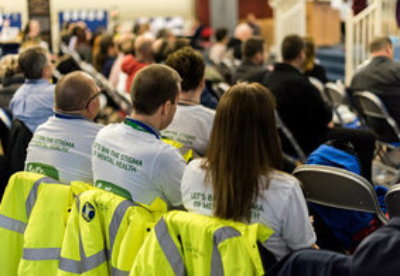


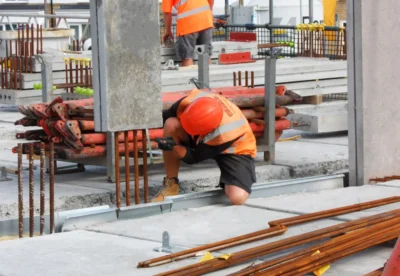
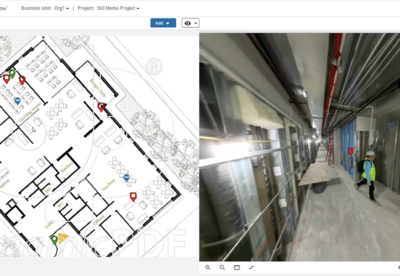

 (300 x 250 px).jpg)





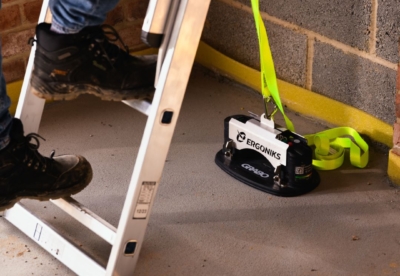




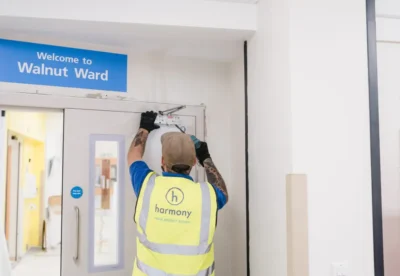






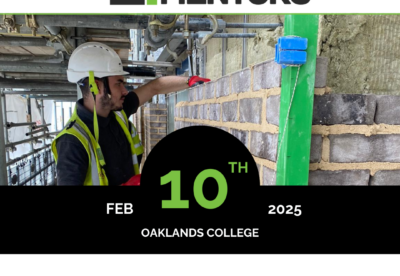





.gif)



















































.gif)







